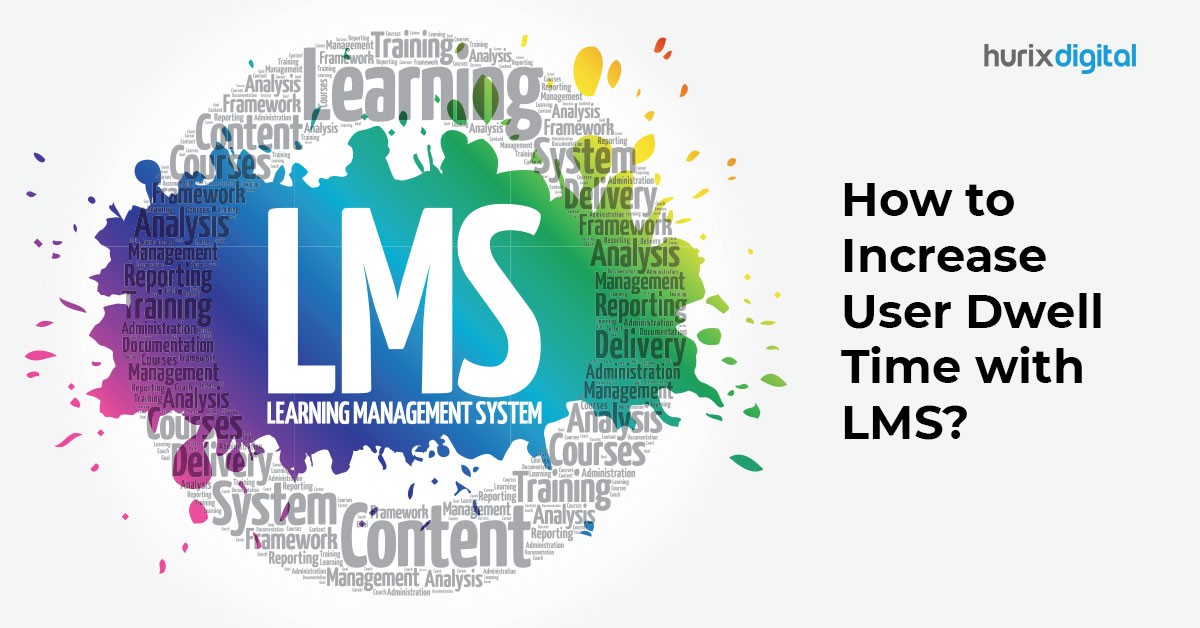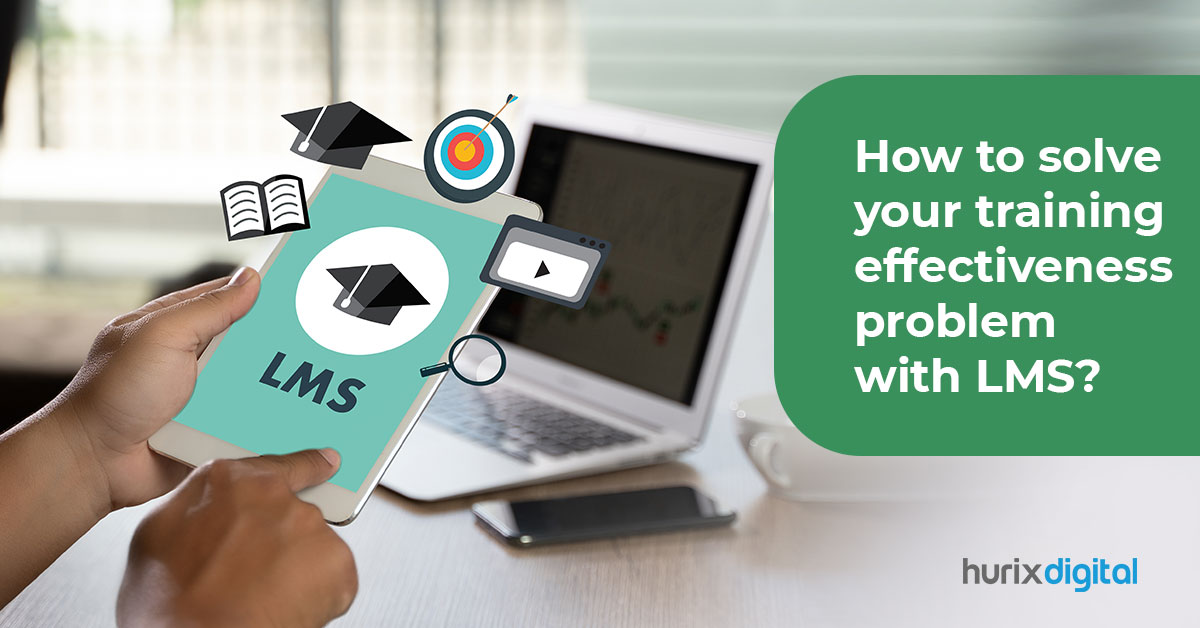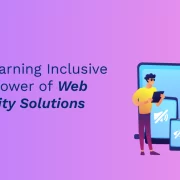
How to Increase User Dwell Time with LMS?
Summary
This blog post emphasizes the importance of learner engagement in an LMS. It explains how engaging features enhance the learning experience.
Content and usability are two of the most important aspects of eLearning. A good user experience design and techniques used to make your learning management system (LMS) more engaging play a key role in defining the success of your L&D program.
If you have an LMS in place currently, but your employees aren’t spending enough time on it or engaging with it to the extent that you would like, you’ve come to the right place. This blog explores some of the best practices for making your LMS more engaging.
Table of Contents:
- Relating Concepts to the Real World
- Using Plain and Simple Language
- Creating a Community and Seek Feedback
- Breaking the Course Down Into Smaller Chunks
- Leveraging the Power of Social Media
- Offering Different Options for Personalization
Relating Concepts to the Real World
When it comes to learning and development, users like the idea of new skills or information they are learning to have relevant applications in real life. It is, therefore, useful to integrate engaging videos, infographics, etc., to display the valuable takeaways of your LMS training program.
Providing such visual stimulation in the form of engaging graphics and images helps you add better clarity to concepts and improve learner engagement.
Additionally, incorporating the latest research into your training program that highlights the importance of the content and course also helps increase your employee’s buy-in, builds interest, and encourages learners to spend more time on the LMS platform so that they can then apply the concepts on the job.
Also Read: 21 Learning Management System (LMS) Statistics 2023
Using Plain and Simple Language
One of the key benefits of online learning is that it can be presented conveniently to a large number of learners.
Plain or simple language is, therefore, a must as it makes the course content effective, ensuring that a large number of users from different backgrounds can join the course and learn comfortably.
The focus here should be to compose the materials for online courses in simple language and in a way that is easy to understand so that it delivers content/information effectively.
Apart from this, making use of game-based learning to increase participation and information retention is important to keep learners engaged. For this, you can take advantage of your LMS’s gamification options, such as reward points, leaderboards, achievement badges, group games, etc.
Creating a Community and Seek Feedback
Learners are often discouraged from participating in training programs if there are too many barriers to understanding new material or information.
One of the best ways to help learners here is by creating a community where they can benefit from collaborating and discussing various projects online and learn from one another when in doubt about the new information.
Seeking user feedback is another important area to take care of here. When attempting to complete training, users will be much more engaged if they can provide feedback, share their opinions, and easily connect with their trainers, even if it is on a virtual or remote basis.
Breaking the Course Down Into Smaller Chunks
Long training sessions are not only overwhelming for learners but are also impractical as it is difficult to take out so much uninterrupted time from hectic work schedules and devote it to an LMS.
To address this challenge, you can simply break your modules or course content into smaller chunks that will only take 5-10 minutes to complete.
Breaking information into much smaller chunks of similar content also helps you enhance learning speed and retention. This kind of bite-sized learning is especially important in a remote or virtual learning setup since the content is being learned independently.
Besides, the chances of employees having shorter breaks than longer ones are quite high, and keeping the lessons short will only incentivize them to go to the LMS and use their downtime to finish a lesson instead of putting it off for later.
Leveraging the Power of Social Media
Maximizing the power of social media platforms is an excellent way to make your learners spend more time on the LMS and stick to the course, boosting their knowledge and enhancing retention rates as well.
Social media platforms are also helpful in transforming passive learners into active ones. This can be done by setting up targeted training-related groups/communities within the LMS platform that can encourage learners to collaborate, work together, and take up challenges with each other.
This not only keeps them mentally stimulated but also puts their newly acquired knowledge and skill sets to the test.
Offering Different Options for Personalization
Since every learner has a distinct way of processing content, it is important to offer them different options for personalization instead of forcing them to go through the same LMS modules in the same order.
This offers them choices in terms of which courses or modules they wish to complete and when. Providing choices will also make them feel more in control of their learning and encourage them to actively engage right from the start rather than simply being passive learners and taking the modules as they come. This will help in enhancing their investment and engagement in the LMS manifolds.
Also Read: Does Your LMS Have These 7 Features?
The Bottomline
Similar to any other enterprise software product, the key factor determining the effectiveness level of the tool is the users’ capacity to use it to their advantage.
This applies to L&D as well, where LMS user adoption is the deciding factor in the success of the training program. We have discussed some of the proven ways you can use your LMS to increase both user engagement and dwell time on the platform.
If you are looking for a perfect LMS solution to enhance your user engagement, Hurix offers a customized LMS for all the learning and development needs of your organization.
A leading LMS service provider, Hurix Digital offers end-to-end services, including LMS maintenance/support, LMS administration services, learning content management, and much more to suit the specific needs of users.
Contact us to learn more about Hurix’s LMS.

A highly enthusiastic and motivated sales professional with over twenty five years of experience in solution selling of training-related applications and services. Maintains an assertive and dynamic style that generates results. Ability to establish long-term relationships with clients built on trust, quality of service and strategic vision. Specializes in financial services, higher ed, publishing and government in the areas of learning and development.







